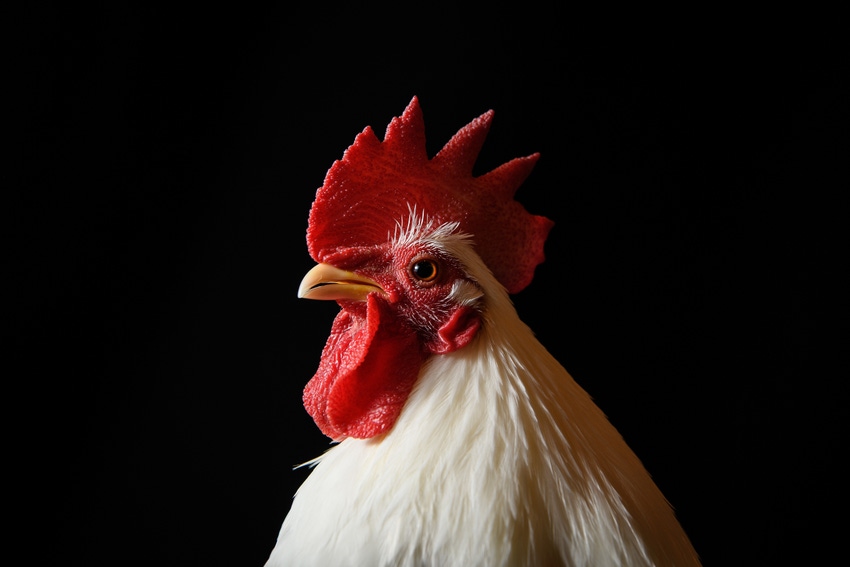Campaign principles also apply to commercial poultry and farm retailers that provide products and services to backyard flocks.
April 17, 2020

As spring arrives across the country, many people start or continue backyard poultry flocks, and this year in particular, the number of new flock keepers appears to be growing quickly, according to the U.S. Department of Agriculture’s Animal & Plant Health Inspection Service (APHIS), which has an educational campaign that offers many resources to help protect the health of all poultry flocks.
While targeted toward backyard poultry owners, the campaign principles also apply to commercial poultry and farm retailers that may provide products and services to backyard flocks.
APHIS's "Defend the Flock" campaign focuses on sharing good biosecurity practices that, when practiced every day, will help protect poultry from infectious diseases. Many new owners are starting from scratch, and the best time to implement strong biosecurity is right from the start, APHIS said.
The same types of biosecurity practices, customized to each flock’s setup, protect not only backyard flocks but also the nation’s commercial poultry. Biosecurity is the key to keeping U.S. poultry healthy.
APHIS suggested a few tips for new owners:
* Always buy new poultry from a National Poultry Improvement Plan (NPIP)-certified flock. NPIP participants must meet certain flock health and sanitation standards. Search participants by state on the NPIP website at http://www.poultryimprovement.org/statesContent.cfm. Participants should provide potential buyers with their NPIP number upon request.
* Purchasing day-old chicks is a less risky way to start a flock than bringing home older birds.
* Always wash hands with soap and water before and after handling the flock.
* Keep birds secure and protected from predators. Prevent contact with wild birds and rodents, which can introduce germs into the flock.
* If raising chicks, provide a heat source to keep them warm until their feathers grow in. Heat lamps can be fire hazards, so seek advice on proper use of heat lamps, or consider alternatives, such as chick warming plates.
* Each day, provide fresh water and the right food for the new flock, depending on their age and purpose.
* Keep the coop area clean and free of clutter, and disinfect it regularly.
* Learn about normal poultry behavior in order to recognize any flock problems.
APHIS emphasized that it is essential that all flock owners learn about and practice good biosecurity daily. Practicing good biosecurity is vital in protecting backyard flocks, neighboring flocks and the poultry industry.
The APHIS Defend the Flock website has webinars, checklists, videos and social media graphics that can be used to learn how to defend poultry — backyard or commercial — from serious diseases like avian influenza and virulent Newcastle disease.
You May Also Like


.png?width=300&auto=webp&quality=80&disable=upscale)
